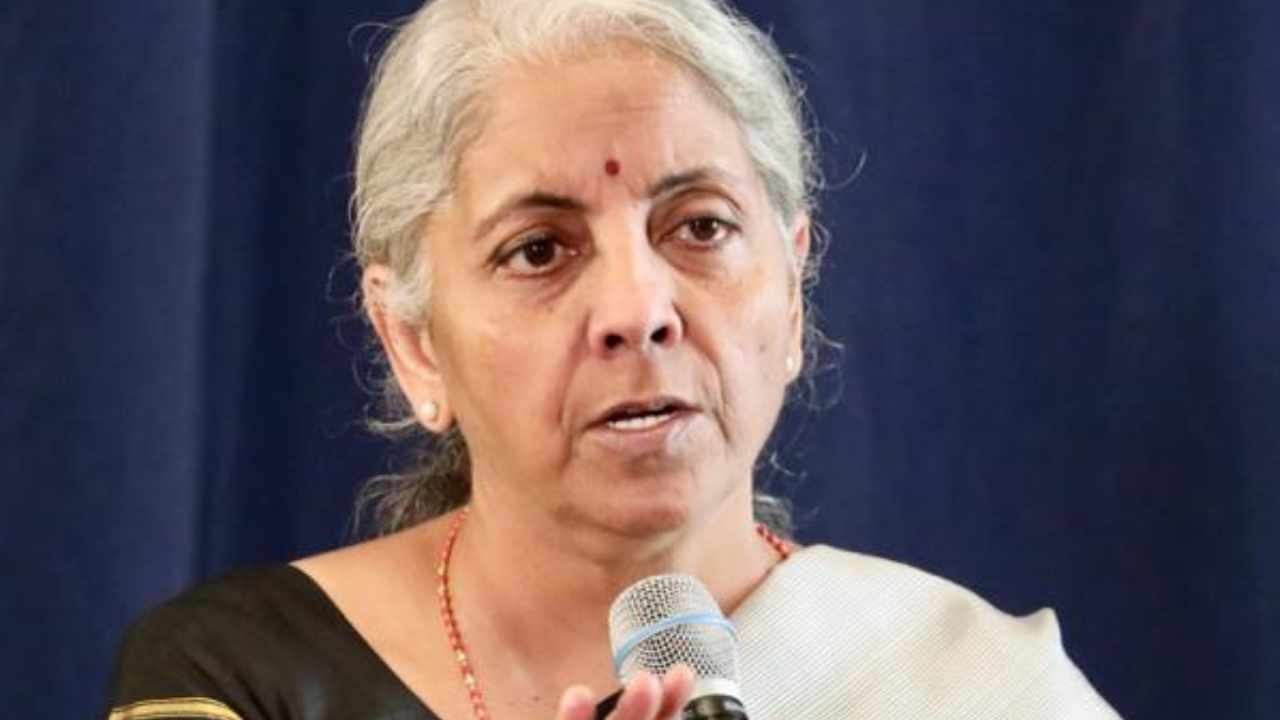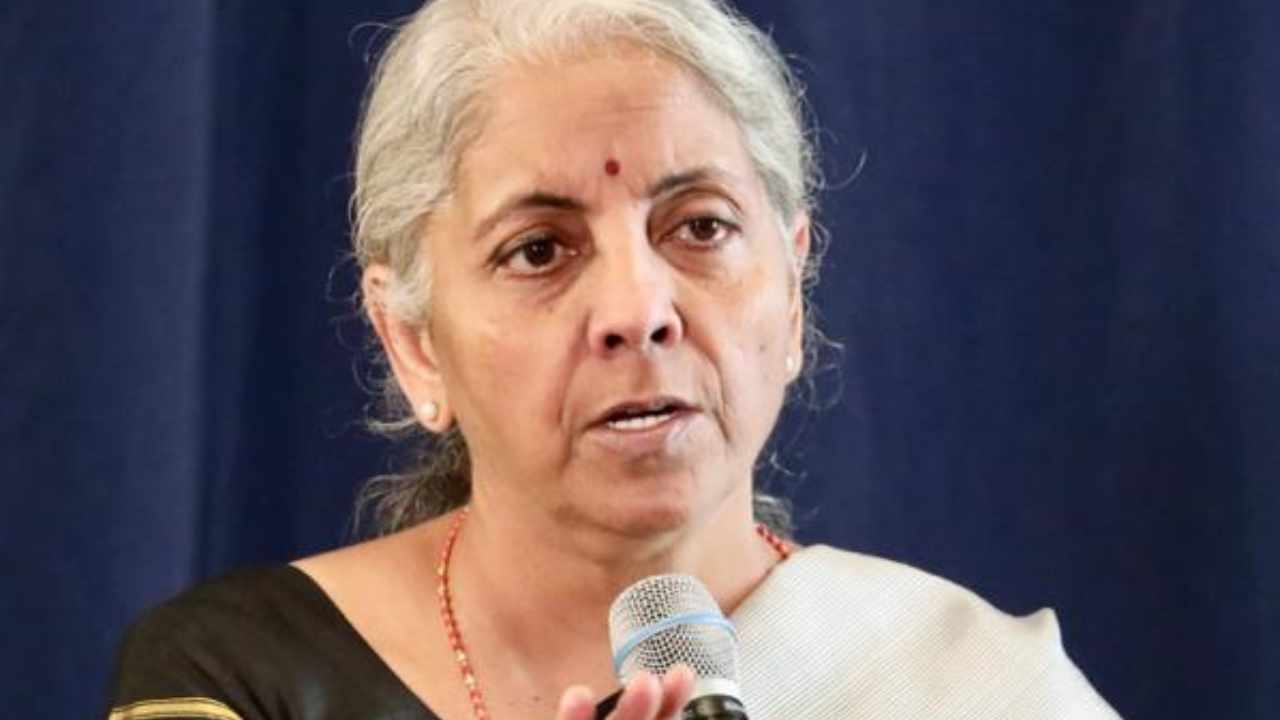India to Discuss Crypto During G20 Presidency to Establish Tech-Driven Regulatory Framework, Says Finance Minister – Regulation Bitcoin News

[ad_1]

India plans to discuss crypto regulations during its G20 presidency with member countries. Finance Minister Nirmala Sitharaman has revealed that the Indian government hopes to arrive at a framework or standard operating procedure (SOP) so that countries globally “can have a technology-driven regulatory framework” for crypto.
India to Discuss Crypto Regulatory Framework With G20 Member Countries
Indian Finance Minister Nirmala Sitharaman shared the government’s plan regarding crypto regulation Saturday before concluding her trip to Washington, D.C., to attend the annual meetings of the International Monetary Fund (IMF) and the World Bank, PTI reported.
The finance minister told a group of Indian reporters that crypto will be part of India’s agenda during its G20 presidency. Noting that various organizations are doing their own research on cryptocurrency, she said:
We would definitely want to collate all this and do a bit of study and then bring it on to the table of the G20 so that members can discuss it and hopefully arrive at a framework or SOP, so that globally, countries can have a technology-driven regulatory framework.
“But implicit in this is that we don’t want the technology to be disturbed,” Sitharaman stressed. “We want the technology to survive and also be in a position for the fintech and other sectors to benefit from it.”
The finance minister then referenced the Enforcement Directorate (ED) detecting money laundering activity involving crypto assets and crypto trading platforms in India.
“This concern has been actually acknowledged by several members of the G20 saying yes money trail, yes money laundering, yes drug misuse, and so on,” Sitharaman continued, concluding:
There is an understanding that we need to have some kind of regulation, and that all the countries will have to be true together on it. No one country is going to be able to singularly handle it. So, on that we will certainly have something.
The G20 is an intergovernmental forum of the world’s major developed and developing economies. Member countries are Argentina, Australia, Brazil, Canada, China, France, Germany, India, Indonesia, Italy, Japan, South Korea, Mexico, Russia, Saudi Arabia, South Africa, Turkey, the U.K., the U.S., and the European Union (EU). India will assume the presidency of the G20 for one year from Dec. 1 to Nov. 30, 2023.
After sitting on a draft crypto bill for several years, the Indian government is reportedly working to finalize its stance on the legality of cryptocurrency by the first quarter of next year in order to become Financial Action Task Force (FATF) compliant. Last month, the finance minister urged the IMF to take a leading role in regulating cryptocurrency. The IMF said that it is ready to work with India on crypto regulation.
While India has yet to establish a regulatory framework for cryptocurrency, the country is already taxing crypto income at 30% in addition to levying a 1% tax deducted at source (TDS) on crypto transactions. Furthermore, the Ministry of Finance is reportedly working on how the goods and services tax (GST) could be applied to crypto.
Meanwhile, the Reserve Bank of India (RBI) continues to have “serious concerns” about cryptocurrency. The central bank has repeatedly recommended a complete ban on all non-government-issued cryptocurrencies, including bitcoin and ether. However, the finance minister said in July: “Any legislation for regulation or for banning can be effective only after significant international collaboration on evaluation of the risks and benefits and evolution of common taxonomy and standards.”
What do you think about the comments by India’s finance minister? Do you think India will finally have a regulatory framework for crypto? Let us know in the comments section below.
Image Credits: Shutterstock, Pixabay, Wiki Commons
Disclaimer: This article is for informational purposes only. It is not a direct offer or solicitation of an offer to buy or sell, or a recommendation or endorsement of any products, services, or companies. Bitcoin.com does not provide investment, tax, legal, or accounting advice. Neither the company nor the author is responsible, directly or indirectly, for any damage or loss caused or alleged to be caused by or in connection with the use of or reliance on any content, goods or services mentioned in this article.
[ad_2]
Source link

